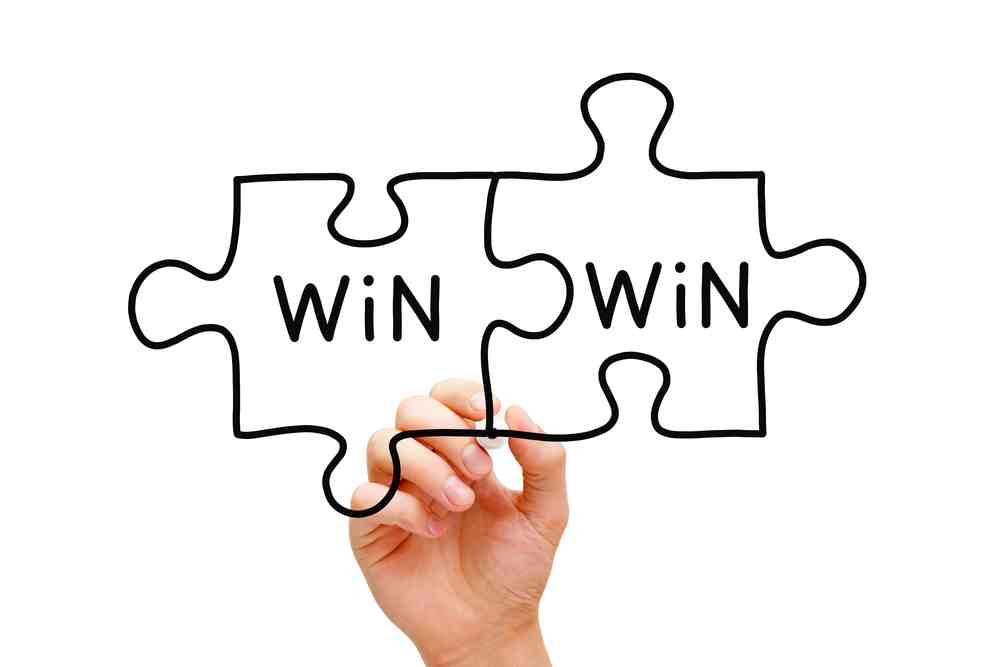Some people don’t get sponsorship. They think it is advertising or marketing in general, or a donation. They don’t understand what it is. Sure, it is a form of marketing. When done right, it helps boost employee morale, sales, and brand image. When done wrong, it can hurt all of those things.
When it comes to philanthropy in the charitable and non-profit world, people give because they care. But when they sponsor, it is about driving a business objective. To some, that is wrong. I think they are misled.
When a charity engages in sponsorship (be it for a building, event naming right, or program partner) it is seeking revenue to fulfil its mission. The company/sponsor is there to drive more traffic, build its brand, engage its employees, or whatever else it may be trying to achieve. When the two work together to mutually achieve their goals and objectives, sponsorship is successful for everyone. The business gets the store traffic and the charity or non-profit gets the money! That seems pretty fair and equitable to all concerned.
So, what is the role of sponsorship people, whether they are selling for a non-profit, charity, corporation, or pro sports team? In my opinion, their goal is to deliver results for the sponsor. Their job is to build a one-of-a-kind program that suits the needs of sponsors to achieve their goals, and at the same time, delivers money to the selling property. I say these “salespeople” are not in sales, but rather are “solution providers.”
The role of solution providers is to determine what the sponsors need. They must find out if there is a sales volume issue, or a problem with PR, government relations, production, or staff morale. Until solution providers determine the problem, they cannot provide a solution. Once the problem is determined, it is the role of the solution providers to determine how their organization (charity, non-profit, pro sports team, etc.) can solve the sponsor’s issues through the assets and products they have. Then it works for everyone.
If the rights holder just takes product to the street and “sells” its wares, it is transactional. If you provide solutions to other problems and make a difference, then you have a partnership or a true sponsorship program.
These are just one person’s thoughts. Yours are welcomed as well. Please add your thoughts or comments below. Thank you for reading and your feedback.
©2015. All rights reserved.


Very nicely said Brent, It’s taking your traditional win/win and continuously building on it, tweaking and evolving so both the Brand and Charity/Sponsorship recipient grow together.
Sponsorship sales people might be “solution providers”, but they need dogged determination, the ability to handle a lot of No’s, and to keep calling on prospects. Even with a great offer with huge tangible benefits, acquiring a Yes is a long process.
Enjoy your Blog and wish I was at the Sponsorship Congress, I could use the help!
Rick, thanks so much for the kind words! You are right “dogged determination” and accepting no’s are a critical part of the role. We will miss you at Congress, it would be great to have you attend. Brent